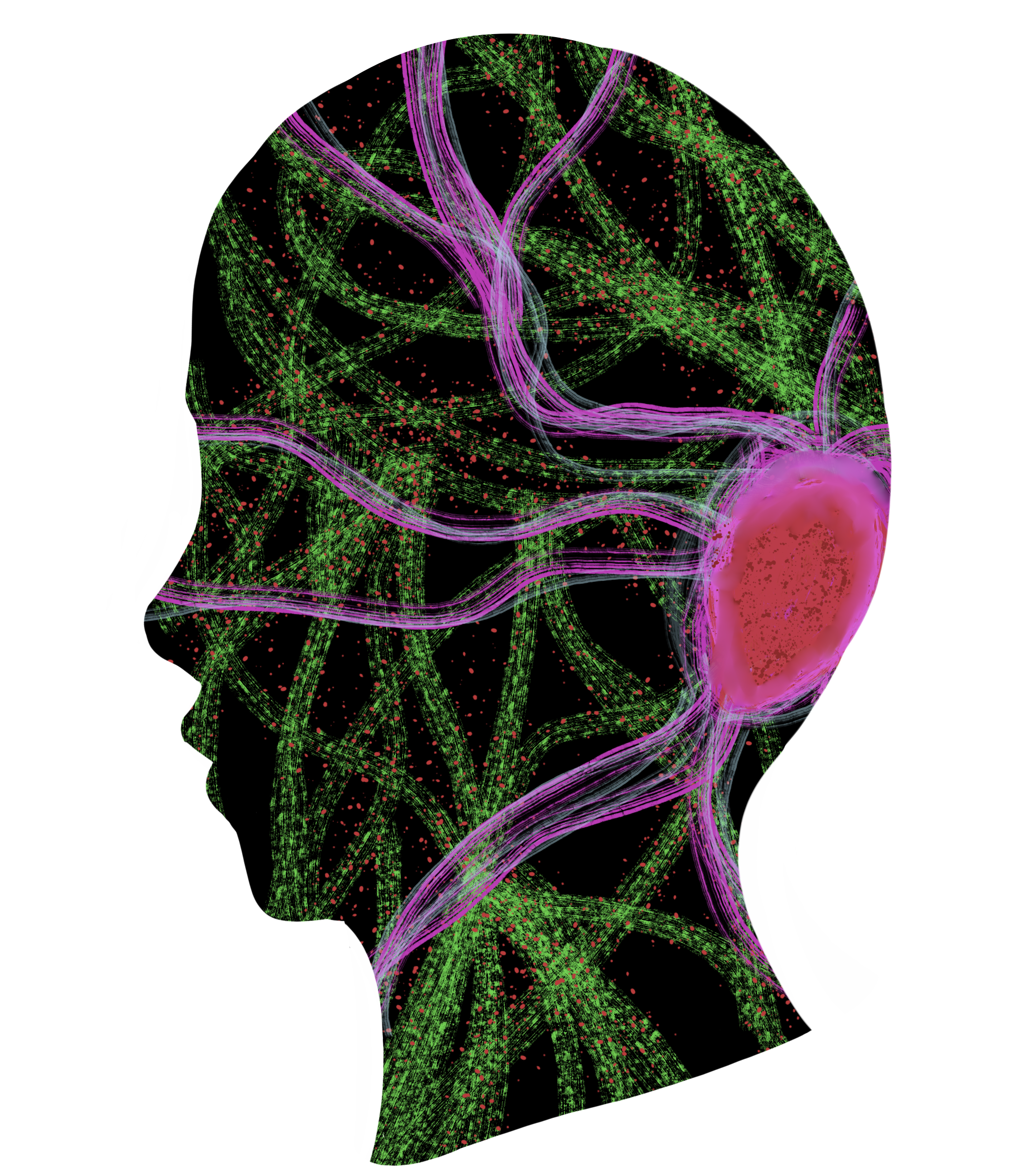URI’s neuroscience program welcomes its inaugural class this semester. Graphic by Elizabeth Wong.
After many years of development, the University of Rhode Island’s Interdisciplinary Neuroscience Program (INP) welcomed its first class of undergraduate students this fall.
The INP offers students a four-year Bachelor of Science program with three major tracks that span across three separate colleges. The clinical neuroscience track is under the College of Health Sciences, the molecular neuroscience track is under the College of Environment and Life Sciences and the neuropharmacology track is under the College of Pharmacy.
According to Director of the INP Lisa Weyandt, 44 undergraduate students enrolled in the program during its inaugural year.
“One of the things we’re most proud of and excited about with the program is it’s an interdisciplinary program,” Weyandt said. “This is not in a department; it’s free-standing. We have faculty that are involved in the program not just from those three tracks but from other colleges as well.”
Neuroscience majors must complete a minimum of 120 credits to graduate: 33 preparatory, 29 core, 40 general education and 18 in the student’s chosen major/track. The “core” courses are almost all brand-new and specifically designed for the neuroscience major, while most of the preparatory courses are based in the chemistry and biology departments.
The major in clinical neuroscience is for students interested in studying the mechanisms and treatment of nervous system diseases and dysfunction. The concentration in molecular neuroscience is for students interested in studying the cellular and molecular mechanisms of nervous system function, development, and disease. The track in neuropharmacology is for students interested in studying the mechanisms of drug action in the nervous system, including the discovery and development of new treatments for disorders of the nervous system and uncovering additional effects of known drugs on brain function and behavior.
“I think the neuroscience field is going to only become more important in scientific research in the future,” said Thomas M. Ryan Scholar Erek Bickford, a freshman neuropharmacology major. “So I think the new programs here at URI are just that much more important to get younger students interested and excited about the field.”
One strength and unique characteristic of the program is its focus on student demand. Weyandt helped create a student liaison committee composed of two undergraduate neuroscience students and four graduate neuroscience students from the URI program that launched in 2011. These representatives meet with their respective neuroscience undergraduate student bodies and gather information from students about questions or suggestions regarding the program and report on that feedback.
“I think what’s really exciting is that the students are involved in the governing of the program,” Weyandt said.
The COVID-19 pandemic has affected some of the INP’s initial plans. URI moved their official launch ceremony featuring former U.S. Representative Patrick Kennedy online.
Although the first freshman class has not begun taking any new core neuroscience classes yet, Weyandt said that URI moved NEU 101 online because of its larger class size.
“Even though we have tried to establish personal relationships with the students, I think [the pandemic] has hindered that to some degree, as it has for all faculty who are teaching online,” Weyandt said.
While he misses in-person classes, Bickford has made connections successfully with his classmates and professors in the virtual format.
“I definitely think the University is doing a good job keeping it organized more or less and keeping the students engaged and enthusiastic about their classes,” Bickford said.
Weyandt said that she is “thrilled” to be finally delivering this program to students after so many have asked about URI offering a neuroscience undergraduate degree in the past.
“There’s a tremendous amount that we don’t understand about brain functioning; normal brain functioning and things go awry,” Weyandt said. “So it’s an exciting time, I think, for humankind to be uncovering the complexities and the discoveries of the human brain.”





